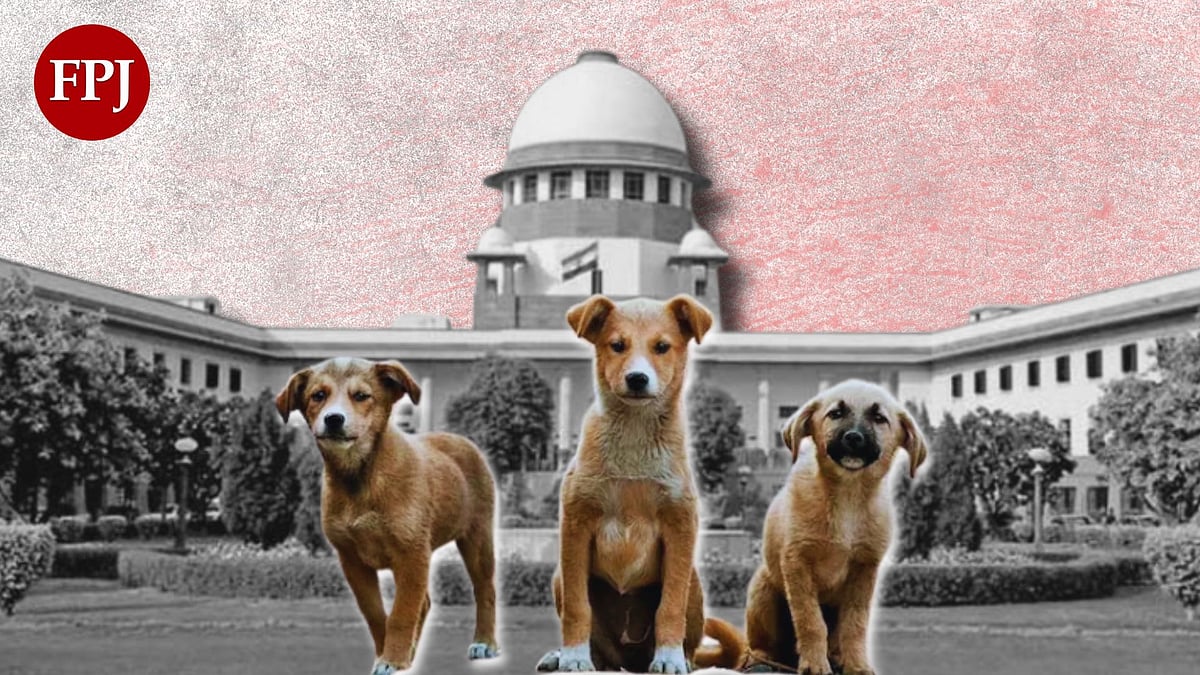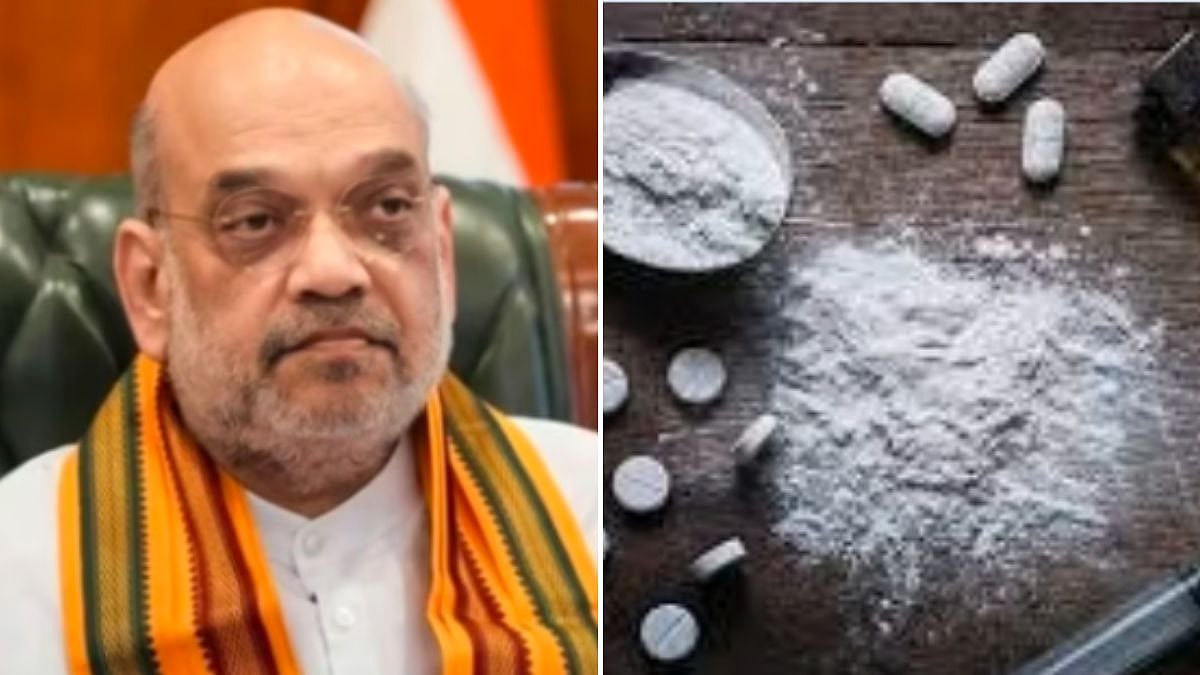To hang or not to hang a criminal, that is the question. This is simply because the Supreme Court feels death row convicts who have shown no mercy when killing helpless victims, deserve mercy after being sentenced to death. This is why the death penalty which prescribes “hanging by the neck until dead” is itself under challenge in the Indian Supreme Court, which will prescribe a more humane method of killing killers who may have raped and killed their victims without qualms.

50% of death sentences are for sexual crimes in these states
The conundrum is that courts in Madhya Pradesh, Rajasthan, Karnataka and Haryana have sentenced child rapists to death ensuring that 50% of death sentences are for sexual crimes. But these rapists and killers may have their death sentences commuted to life imprisonment due to mitigating circumstances which a clever lawyer can easily dig up. In 2021, MP and Punjab included the death penalty for sale or manufacture of hooch while Maharashtra added the death penalty for rape and gang rape.
In 2022, courts all over India sentenced 165 people to death which was the highest in the last 20 years. An Ahmedabad court sentenced 38 people to death in the 2008 serial blasts case. In the 1980 Bachchan Singh’s case, the Supreme Court limited the awarding of death by hanging to the rarest of rare cases where the murderer showed no remorse with zero chance of reforming him. But trial courts continue to award the death sentence which is reversed on appeal.
The task of the Supreme Court is to declare the law of the land as the judges cogitate over the facts placed before them. The flawed impression among laypersons is that the Supreme Court is tasked with upholding each citizen’s fundamental rights. This is inaccurate because although Article 32 (Right to file a Petition) is the soul of the Constitution, the Supreme Court has whittled down its ambit so the judges will rarely entertain special leave petitions unless some knotty question of law of national importance has to be enunciated.
But to return to the review of the legality of hanging as a mode of execution, the Supreme Court has taken up a six-year-old public interest litigation filed by an advocate to dissect whether hanging by the neck as laid down in the Criminal Procedure Code is consistent with the right to dignity of the convict. If there is a possibility of reform, the convict should be spared the gallows. This is a never-ending debate because the contrarian view is that when these convicts showed no mercy to their victims, while killing them, the state should show them no mercy.
Alternative to death by hanging
Be that as it may, during the hearing of the PIL seeking that hanging by the neck should be done away with, a two-judge bench of the Supreme Court comprising Chief Justice of India DY Chandrachud and Justice PS Narasimha declared in open court: “We will look at two perspectives. First, is there any alternative method to execute a capital punishment which is far more consistent with human dignity than hanging? This alternative method will render hanging by the neck unconstitutional. Second, even if there is an alternative method, does hanging by the neck satisfy the test of proportionality so as to render it valid?”
The judges ruled out shooting by a firing squad as “uncivilised”. They also ruled out the electric chair or the lethal injection as painful methods and prone to goof-ups. Strangely, the electric chair and lethal injections were used in the US until recently because these methods were found to be quick and effective. The alternative may be swallowing a cyanide capsule which also causes pain.
The Criminal Procedure Code does prescribe the procedure to be followed for executing a criminal after he is sentenced to death. Union Law Minister Kiren Rijiju has cautioned the judiciary against overstepping its Laxman Rekha by attempting to legislate, which is the job of Parliament. The Criminal Procedure Code was enacted by the British in 1888, amended in 1898 and rewritten in 1973, and may now be modified by the Supreme Court if it abolishes death by hanging, to ensure India joins those Western nations which have scrapped it. Though it is Parliament which has to take a decision on this issue.
The Supreme Court has done a somersault from its earlier view in 1983 when a bench led by the father of the present CJI declared that when any convict was sentenced to death, the sentence shall direct that he be hanged by the neck till he is dead. Over 30 years later, Justice R Banumathi fainted in court when she was part of a bench which confirmed the death sentence of a murderer. She is a practicing Christian and was opposed to the death penalty.
Just this week, a Supreme Court bench led by CJI DY Chandrachud commuted a murderer’s death sentence which was confirmed by the Madras High Court and later by the Supreme Court itself. An earlier bench of the Supreme Court had dismissed a petition in chambers seeking commuting of the sentence. Subsequently, the sentence was commuted to a 20-year-jail term without remission just because the convict obtained a diploma in catering while in jail.
Taking exception to the previous Supreme Court bench in 2013 remarking that “Purposefully killing the sole male child of a couple has grave repercussions for the parents,” CJI DY Chandrachud said: “The sex of the child should not matter for a Constitutional court.” He is right.
But so is EMS Namboodiripad who alleged that if a litigant loses at the trial court stage, he has to double his stakes and approach the superior court, where he may win. Namboodiripad was sentenced for committing contempt of court. But with the prospect of compassion being shown to those who showed no compassion while killing their victims, we must accept there is no finality in law.
Olav Albuquerque holds a PhD in law and is a senior journalist and advocate at the Bombay High Court










